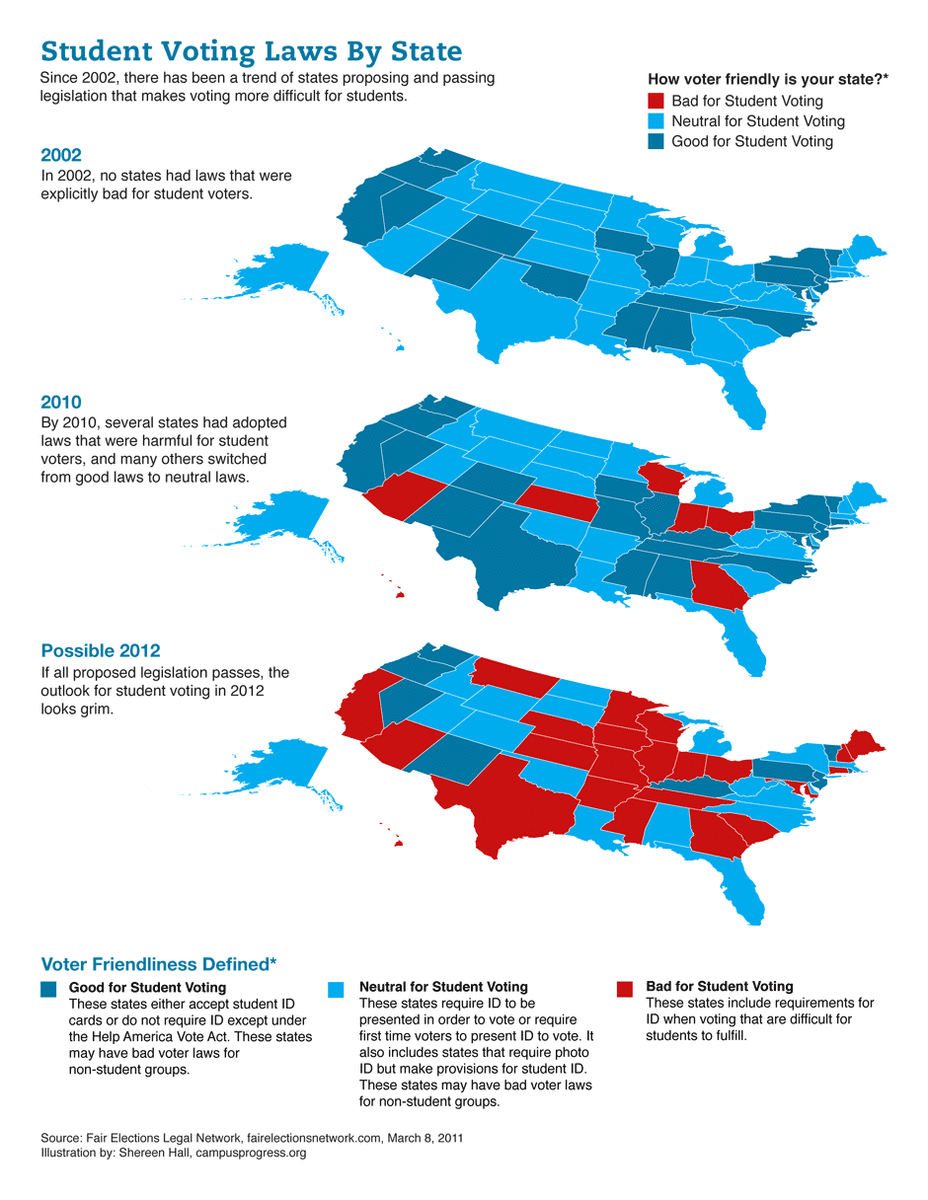What needs to be done to have a more efficient federal government?
Efficiency and government are two terms which seem to be in a disconnect mode in these economic times. Spending is exceeding revenue. This can be an indication of inefficiency within government operations not necessarily across the board. In past years money was going into accounts such as Social Security but it was being borrowed to pay government expenses. Granted there are some expenses which cannot be predicted such as disaster relief but government needs to live within its means or find other ways to increase revenue. This does not mean that taxes should be raised to match expenses. The inefficiency of government needs to be corrected but the question is how it should be done.
One of the biggest problems causing inefficiency is the complexity of the structure the structure which has been created over several administrations. We all know there are duplications of responsibilities across several departments and agencies the problem is getting rid of it. Duplication is a mark of inefficiency. It is a known fact that revenue needs to be increased to some extent but the problem is how to do it without negatively impacting our weak economy.
There are three clear answers and possibly more. One is changing our tax structure to leave more money in the pockets of citizens. Our current tax situation is so large and complex that not even our elected officials in Congress can clearly say they understand all the rules and the rules keep changing. Businesses do not know or can predict what their expenses will be from year to year and as a result they cannot plan for their future. Our tax structure needs an overhaul. Our tax structure need to be more business and individual friendly instead of penalizing individuals and businesses for earning more it needs to encourage business expansion.
The second is getting rid of overbearing regulations. The number of regulations seems to be growing by leaps and bounds these days so much it is difficult to keep up with all the new ones and their revisions. Regulations are a necessity with regards to the federal government responsibilities but several have no clear connection to constitutional responsibilities. Others make reference to constitutional responsibilities in an attempt to say they are constitutional.
The need for additional revenue cannot be denied. One area where revenue can be increased involves our energy reserves. Presently the federal government places restrictions through the EPA and other departments on not only what can and cannot be done but where. Opening up our energy reserves to production activities will do two things. It will lower unemployment and increase the tax revenue. In addition it would lower unemployment benefits costs as more individuals would be working. Government needs to remove restrictions to access the huge energy reserves we have across the country. Several states where it was within their control to do so has tapped into the energy reserves and thereby lowered their unemployment while raising the revenue coming into their states. The same thing can happen if the federal government restrictions are removed or at least reduced. From several reports it has been said our energy resources exceed the reserves in place in The Middle East.
The federal government has become so large and so involved with our everyday lives that it is trying to solve all the problems when government is the problem. It is not the responsibility of the federal government to solve all our problems for one reason it is not within their constitutional responsibility to even try. Granted there are areas where the federal government needs to be involved but there are others where they need to let the philosophy of supply and demand work. This philosophy has worked since our country began but the involvement of government has impacted this philosophy. It is another inefficient function of government. A limited government operation where states have the responsibilities as identified in the Constitution would create a more efficient government which costs less. If it costs less there would be more money in the pockets of citizens which would open up spending opportunities thereby increasing revenue back to the government.








